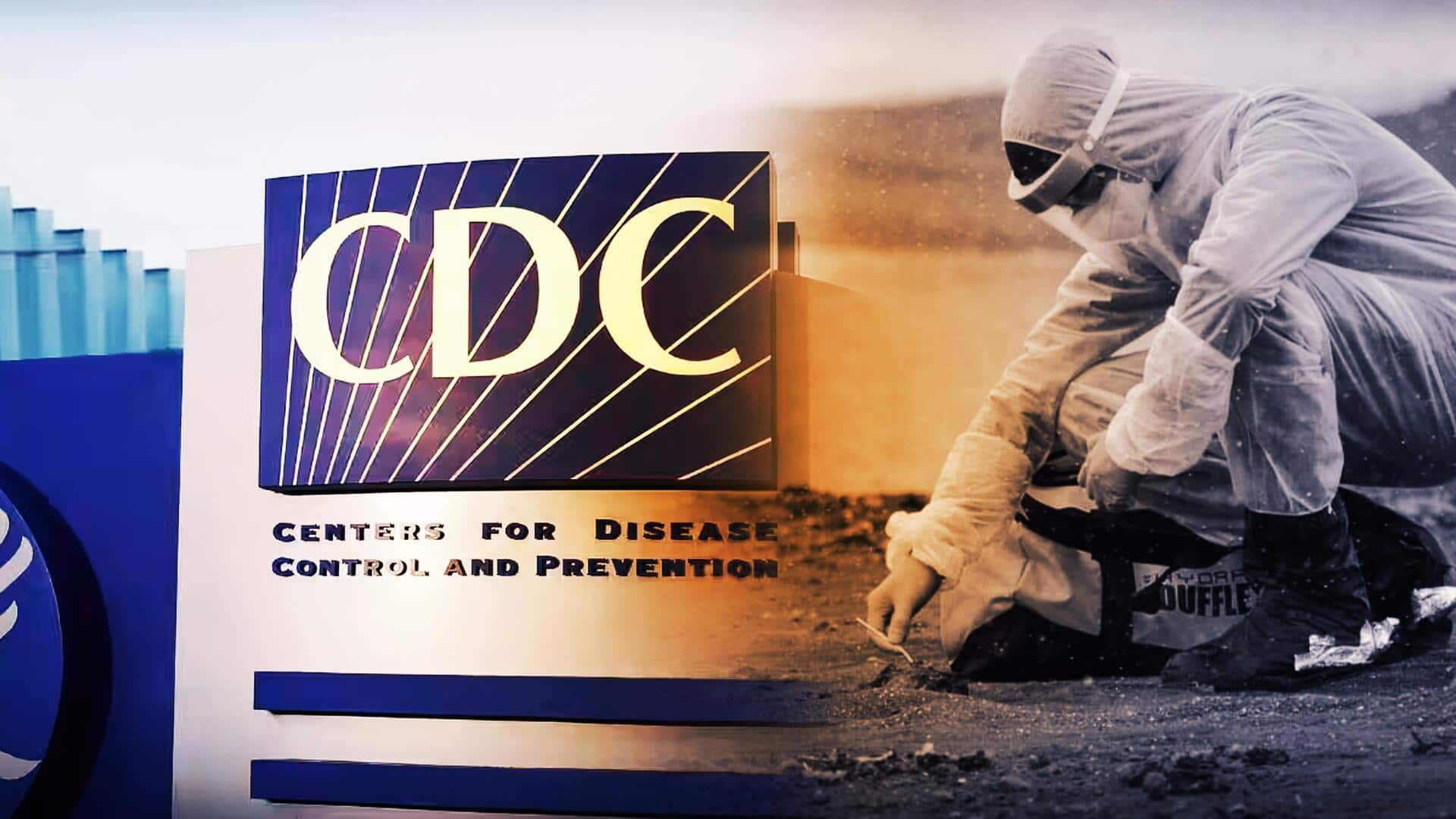
US: 2nd case of avian influenza detected in Texas
What's the story
An unusual case of avian influenza, also known as H5N1, has been reported in Texas. This marks the second such occurrence in the United States. According to reports, the person contracted the virus after exposure to cattle believed to be carriers. This revelation follows federal agency reports on the spread of the virus among dairy cattle across several states, including Texas.
Diagnosis details
Patient exhibits single symptom, confirmed as H5N1
The Texas Department of State Health Services revealed that the patient showed only one symptom: eye inflammation, commonly known as "pink eye" or conjunctivitis. The patient was tested last week and the Centers for Disease Control and Prevention (CDC) confirmed the diagnosis over the weekend. The person is currently undergoing treatment with oseltamivir, an antiviral medication used for influenza A and B as well as swine flu.
Risk assessment
CDC assures low risk to general public from H5N1
Despite the recent case, the CDC maintains that the risk to the general public remains minimal. In a statement on Monday (local time), they said, "This infection does not change the H5N1 bird flu human health risk assessment for the US general public, which the CDC considers to be low." Human bird flu cases can range from mild health issues like respiratory symptoms and eye infections to severe conditions like pneumonia and in extreme cases, death.
Health advisory
CDC issues caution for cattle workers and dairy consumers
The CDC clarified last week that while the risk from bird flu remains low for the general public, those who work with cattle are at a higher risk of infection. They advised against consuming unpasteurized dairy products like raw milk or cheese from animals suspected of being infected with bird flu. However, commercial milk and meat are considered safe as no milk from infected cows entered the food supply, according to Texas Commissioner Miller.
Case overview
Texas reports first human case of H5N1 bird flu
This is the first reported instance of this highly pathogenic avian influenza strain in humans in Texas and the second in the US The first case was reported in Colorado, where a person contracted H5N1 following direct contact with infected poultry. Most human infections caused by avian influenza viruses globally have been due to Asian lineage bird flu virus (H7N9) and highly pathogenic avian influenza A(H5N1) virus.